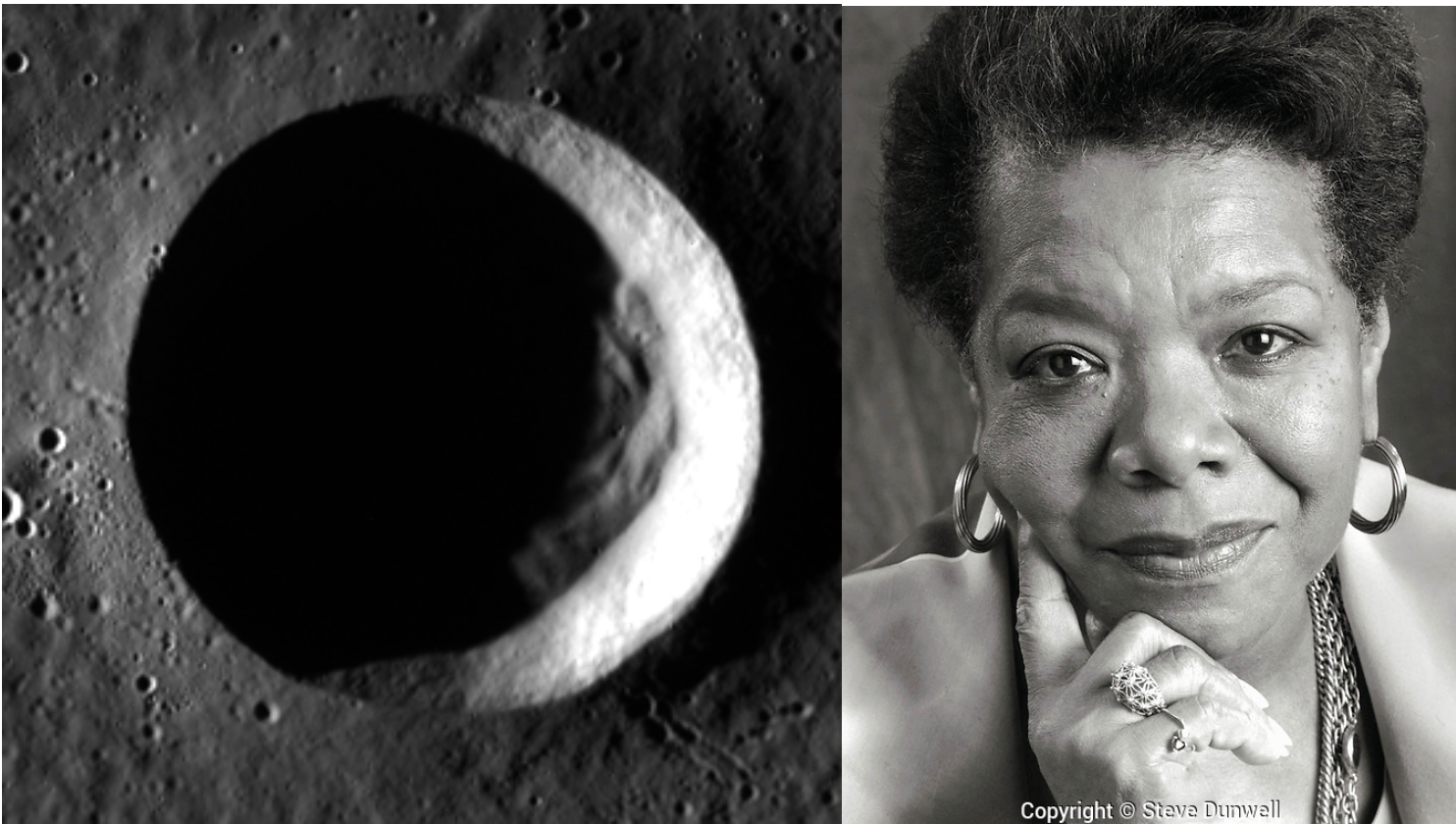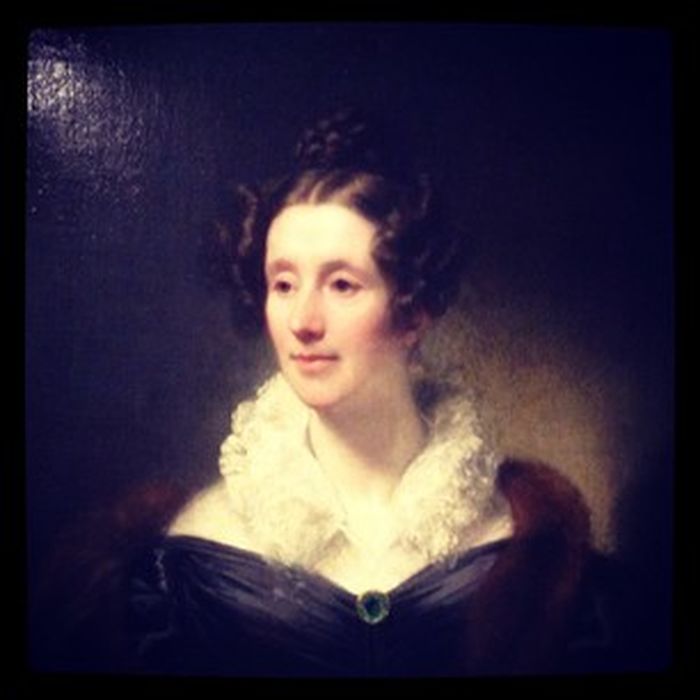JoEllen McBride is an AAAS Mass Media Fellow and an AAS Astronomy Ambassador. She earned her PhD in Physics studying the star formation histories of galaxies in compact groups. She is currently a communications and stewardship writer for Penn Medicine's Development and Alumni Relations office at the University of Pennsylvania. She is also the Advocacy Director for the 500 Women Scientists Philadelphia pod, and she creates astronomy workshops for and is on the board of the American Helicopter Museum in West Chester, PA. In her free time, she writes about astronomy for outlets like Massive, edits Science for the People Magazine, and raises her daughters, Carina and Alessa, with the help of her partner, Ed. She is the lead editor of AASWomen, Blogger in Chief of the Women in Astronomy Blog, and is active in CSWA task groups.
Describe the first time you made a personal connection with the planets and stars.
I honestly can’t remember the first time I made a personal connection with space. I always felt a connection. I’m certain it all started by me asking my mother what stars were or something simple like that and that was it.
How did you end up working in the field?
I no longer work in the field of astronomy. I earned my bachelor’s in physics from Dickinson College, a master’s from San Francisco State University, and a PhD from UNC-Chapel Hill. I was an adjunct for a while but it was part-time. I got into science writing after attending ComSciCon-Triangle and winning an AAAS Mass Media Fellowship. You can learn more about my career path from my Career Profile.
That being said I do astronomy outreach all the time using my AAS Astronomy Ambassador skills. I am an Education Mentor for a STEM program at a local museum where I run the Astronomy session. I also serve on the Board of Directors for that museum and chair the education committee.
Who inspired you?
Carl Sagan was my first inspiration. I loved his COSMOS series as a kid and it was what made me want to be an astronomer.
What is a Communications and Stewardship Writer?
I write for anything related to raising money and alumni relations for Penn Medicine that involves donors and alumni. I write remarks for the Dean, CEO, and Chief Scientific Officer, proposals for donors to consider funding faculty, and reports for donors on where their money is going among other things.
What community issues are important to you and why?
1)
Retaining underserved minorities - it’s not just a problem in astronomy but I’ve noticed that too many of us get what I like to call “meh’d” out of our fields. More and more students are coming from diverse backgrounds and education so the expectations that mentors and departments have need to change. I have seen way too many advisers just give up on students instead of helping them find more appropriate mentors or working with them to acquire the skills and knowledge they need to succeed.
2)
Resources for parents and people with dependents - departments and institutions need to do better here. More flexible work schedules, access to childcare or eldercare, telework, parental leave, etc. would go a long way to making academia more accessible to underserved groups.
Tell us about a favorite moment so far in your career.
As an astronomer, one of my favorite moments was the first night I observed at the WIYN 0.9m on Kitt Peak. I remember stopping to just gawk at the sky as I walked to the observatory. It was the first time my breath was taken away without running!
What advice would you give to someone who wants to take the same career path as you?
Everything you do—the workshops you take, the jobs you’ve done, the organizations you’ve volunteered for—is useful. You are learning things that you can take with you and apply to everything you do moving forward. So attend that workshop and join that group, even if you’re just there to listen and take it all in, you never know what you’ll learn and what you can contribute.
What do you do for fun?
Create experiences for my daughters, write about astronomy and science, organize women scientists to engage with politicians, and promote the work of those who fight for science to meet the needs of the people and not be done at their expense.
What are your goals as a part of the CSWA?
To make sure the Women in Astronomy blog is a place where people can learn something new—learn about other careers, learn from other experiences. And that our Committee can use this information to make informed recommendations that create a more inclusive environment for all astronomers.
What changes would you like to see for women in astronomy?
Everyone should be able to easily find a support network that enables them to become an astronomer if they want to be one. There shouldn’t be a correlation between your background and your outcomes. Whatever you need to be successful, should be available to you.
 Left: Angelou Crater on Mercury. Right: Portrait of Maya Angelou by Steve Dunwell (images from item # 3)
Left: Angelou Crater on Mercury. Right: Portrait of Maya Angelou by Steve Dunwell (images from item # 3)






